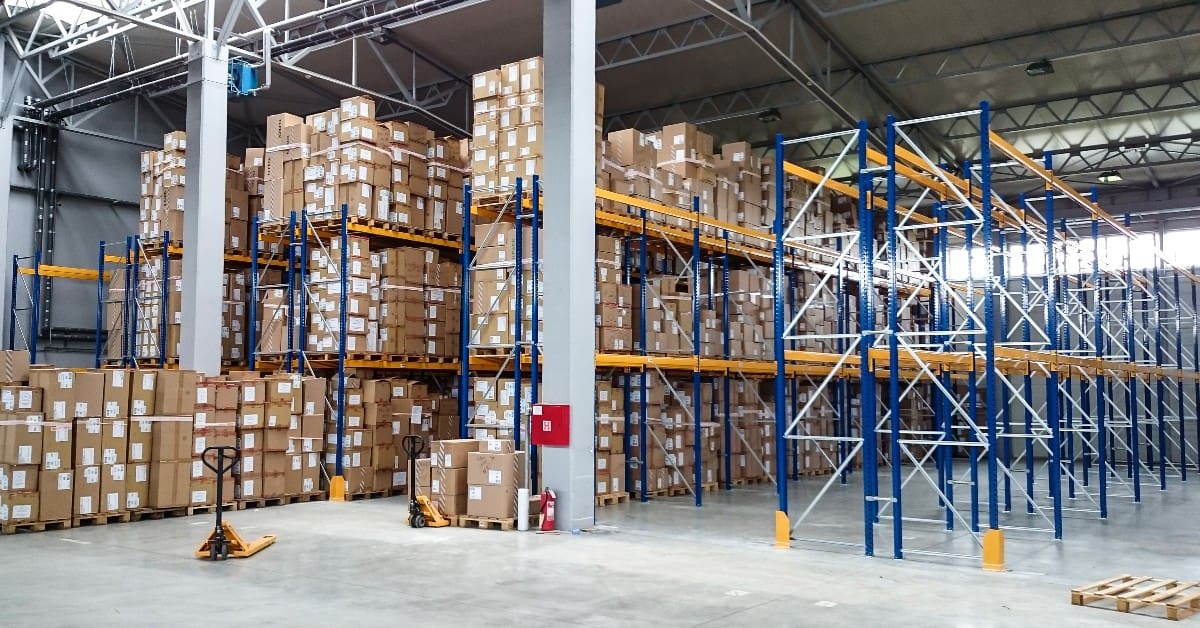It’s well known that part of a successful business model is risk management. Understanding the threats and risks to your business is essential for smooth operations. Therefore it is crucial to develop preventative measures and proactive solutions that can help you quickly respond to risks. While preventing anything negative from occurring may not be possible, many incidents that affect businesses are controllable.
Protecting your business starts by recognizing the physical and digital risks it faces. Then, you can improve your internal security and minimize the threats you face. By taking time to develop a thorough business security strategy, you are investing in your business’s prosperity. In this article, we will cover 7 tips for protecting your business.
Install Security Cameras
Security cameras offer better insight into what is happening in and around your business’s property, which helps to protect your business. In a court, the evidence from your security camera could assist in bringing criminals to justice or help your company receive compensation for insurance claims.
Ensure you install cameras at all entrances and exits and any common areas. You may also choose to install them in storerooms and breakrooms to ensure that employees cannot steal company property easily. Security cameras can also be set up with an alarm system to alert you whenever there is suspicious activity on-site.
Hire Professional Security
Small businesses with few employees can benefit from security guards just as much as larger corporations. In fact, hiring a professional security team is one of the best ways to protect your business. Depending on your needs, you can elect to hire full-time or part-time guards.
Some businesses may benefit from a full-time guard or team to control property access, manage surveillance, or deter criminal activity throughout the day or night. Part-time or emergency response security can be used for off-hours monitoring, routine patrols, and infrequent situations that may arise.
Manage Your Digital Data Responsibly
Avoid sharing any sensitive information or client data on unprotected networks. Your company should have an encrypted internet network that is not easily accessible to third parties. If you ever grant access to an outsider, such as a client or other business, ensure you revoke that access after it is no longer required and restrict permissions.
Another critical part of protecting your company assets is backing up data routinely. These backups ensure that you can quickly recover in the event of a system failure or hack. Backups can be done weekly, monthly, or quarterly. You may choose to back up different systems and software at various intervals to reduce the chances of a system-wide shutdown.
Use Passwords and Codes Wisely
Create a digital security system limiting the number of employees and devices with access to critical data. Passwords should be administered by the company, not set by individuals. Changing passwords and entrance codes is crucial when an employee resigns or is let go by the company. You should also disallow off-site access to files that contain sensitive information. IT services can help you maintain secure passwords and efficiently manage data access.
Protect the Perimeter of Your Business
Fences with locks and security access can help lower your business’s risk of burglary or vandalism. You can also hire a security patrol to cover large areas or a security guard to control access to your property by checking IDS and managing points of entry.
For example, if you operate a group of warehouses, industrial security strategies may include surrounding the perimeter with heavy-duty fences, digital locks, motion-sensor lights, and professional security patrols. Invest in the proper lighting, window and door locks, and surveillance technology to keep your property safe.
Update Software On Time
Software updates can be tedious but are crucial in a proper cybersecurity strategy. Although an update may not even address security in particular, new versions of any software automatically make previous ones more vulnerable. Enable automatic updates on your most important software; good backup practices will ensure you can quickly restore previous versions if there are any issues. Updates to operating systems (like Windows and iOS), antivirus software, and firewalls are essential. Failing to update could leave your system and all your data vulnerable to attack.
Reinforce Your Doors and Windows
Depending on your risk level, windows should generally be made of reinforced, burglar-proof glass, and doors should be made of metal with security bars. Furthermore, you should always have deadbolts on your doors. Padlocks are much easier for someone to break and better suited for an additional security layer. If you use electronic locks, change your access codes once a month. If an employee ever leaves the company, you should change the codes to any doors they once had access to.
Get Help From Security Experts
Our team at Silbar Security specializes in personalized security solutions for businesses of all sizes. Combining law enforcement technology and military backgrounds, we proudly administer top-quality and vetted security services to clients across many industries.
Visit our website to learn more about our security services, and contact us today to schedule a consultation.






